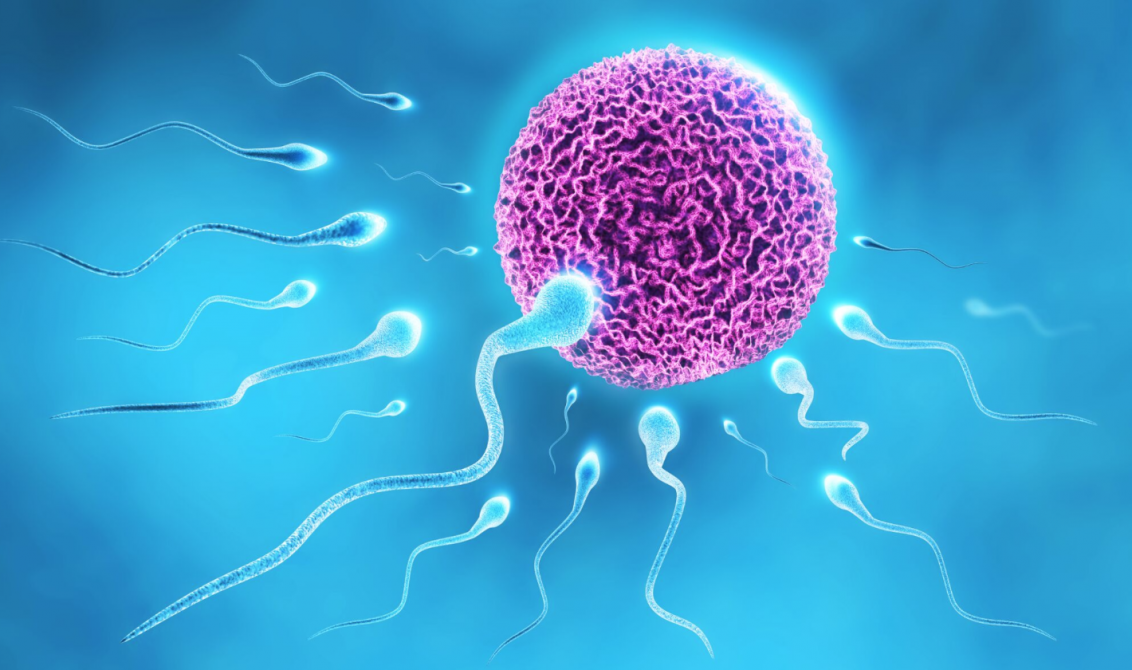
There’s mounting evidence of the important role lifestyle plays in unexplained infertility. Could bad habits be the simple explanation for your “unexplained” difficulty getting pregnant?
What lifestyle factors impact fertility?
Many things that influence health are not in our control. Lifestyle factors though are the habits and the ways we live that affect health and wellbeing. We can control what we eat, how much we drink, our weight, whether or not we exercise regularly, and even how we deal with stress.
If you and your partner are trying to conceive or can’t get pregnant, you should know that there is a significant connection between lifestyle and the chance of success. What age you start a family, environmental exposures, smoking or a drug habit, and even how many cups of coffee you chug down daily can affect your chances of getting pregnant.

Lifestyle factors that can affect fertility include:
- Nutrition
- Weight
- Activity level
- Stress
- Alcohol use
What is unexplained infertility?
You receive a diagnosis of infertility when you don’t conceive after a year of regular unprotected sex. According to an analysis done by the World Health Organisation, about 12.5% of women worldwide can’t get pregnant. When medical tests do not show cause, the condition is considered “unexplained infertility.”
Researchers at the Center for Reproductive Medicine, Cleveland Clinic, Cleveland Ohio, reviewed close to 170 research studies on the relationship between lifestyle factors and reproductive health. Their findings may help to provide answers for couples struggling with unexplained infertility.
The biological clock is real
From 35 years old, semen quality and testosterone levels begin to decrease in men. For women, 30, appears to be the magic number. Women are born with a specific number of eggs, and after 30, the remaining eggs begin aging and are less fertile. For women, the odds of getting pregnant and maintaining a pregnancy take a significant nose-dive after the 35 – 39 age bracket.

Links between unexplained infertility and diet, weight, and exercise
Healthy eating is vital to good general health. Not surprising, data suggest that eating a diet rich in vegetables, monounsaturated fats, good carbs, and low in sugar will improve your chance of getting pregnant. The same research from the Cleveland Clinic shows that being overweight or underweight reduces fertility in both men and women, and increases miscarriage rate. Maintaining an ideal weight may increase your odds of conception and carrying the baby successfully to term.
Exercise has enormous benefits for all sorts of medical conditions. Fertility is no exception. Exercising at least three times a week for an hour appears to be best for improving your fertility. However, with exercise, more isn’t better. Studies show that vigorous and excessive exercise – four or more hours per week – has a negative effect reducing fertility in both men and women by up to 40%.

Effect of alcohol, cigarettes, drugs, and caffeine
If you drink moderate to excessive amounts of alcohol, it’ll take longer to get pregnant. However, researchers haven’t been able to find the definitive connection between fertility and alcohol. Men who smoke tend to have decreased sperm count, and other disruptions of sperm production while women smokers have reduced activity of the ovaries. All told, there’s nothing good about smoking.
Caffeine consumption and the use of recreational drugs have links to miscarriage, spontaneous abortion and stillbirths. Some prescription drugs may also lower fertility as a side effect.
What about stress and the environment?
The connection between stress and infertility is a bit like the age-old question of the chicken or the egg. It is clear that difficulty getting pregnant can be stressful for couples but less clear that stress directly causes infertility. One study showed that women with signs of longstanding stress had more than twice the risk of infertility than women with less stress. In the study, researchers say that stress-reduction techniques, including yoga and acupuncture, are harmless and can do a lot of good to improve the likelihood of pregnancy.
Environmental exposure to pollutants and heavy metals, like lead and mercury, affect sperm production and reproductive hormones. The effects can be long-lasting. Proper attention to identifying and limiting exposures is critical if you and your partner are struggling with infertility.
More research is needed to link certain lifestyle factors to infertility conclusively. Current evidence suggests however that a healthy lifestyle and choosing the right age window may be all that stands between you and the family you so desperately want.

